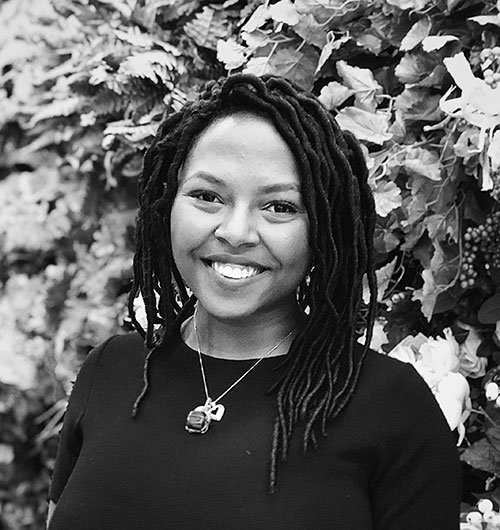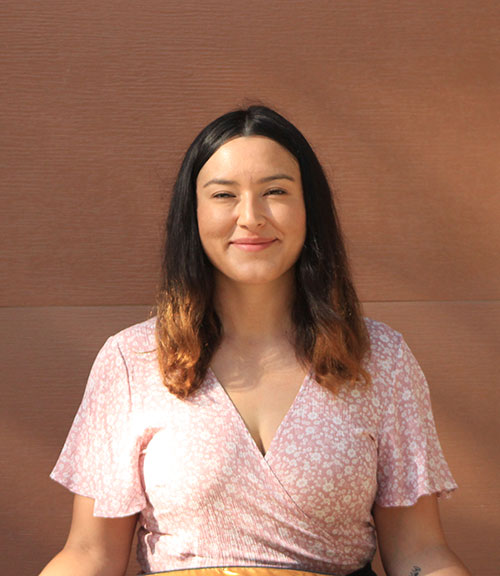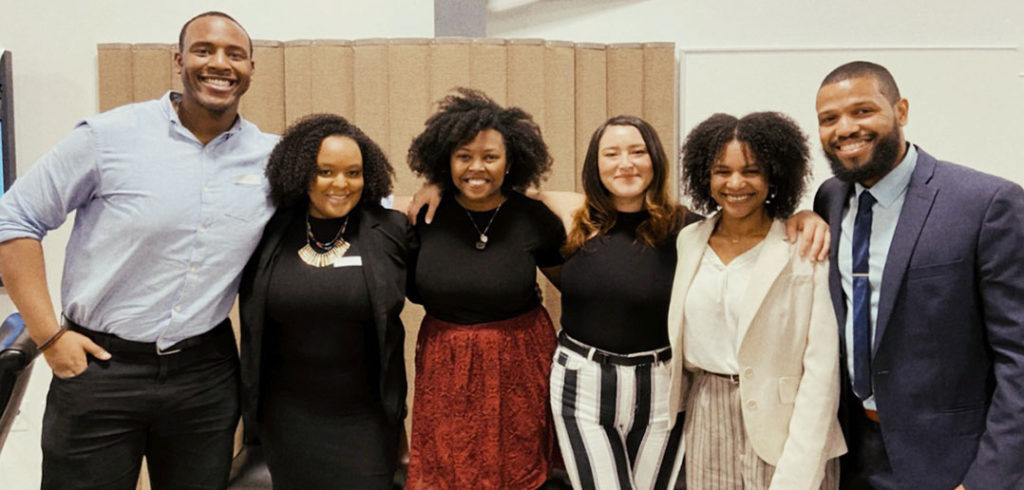Austin Urban Technology Movement is giving Black and Latinx people a seat at the tech table.
by Alexis Green, Photos courtesy of Austin Urban Technology Movement
Raised in a small Northeastern Texas town, Meghan Bates’ goal of working in tech seemed like a distant fantasy. Turning to those around her for guidance, Bates was left feeling disappointed.
“I laugh [about being]in these spaces now,” Bates says. “There were many times when people I valued in life could not give me advice [because]they were never invited into those spaces, even though they were qualified.”
As Austin Urban Technology Movement’s vice president of marketing, Bates now ensures nobody endures the hopelessness she experienced.
Black and Hispanic workers are underrepresented in STEM-related industries. According to a 2018 Pew Research study, 9 percent of STEM workers are Black and 7 percent are Hispanic. AUTM is working to end racial disparities within tech by providing access to jobs, hosting events and creating K-12 programs.
“[The] deficit in the Austin community and tech spaces can be solved if we start doing things on an aggressive scale to make sure [people]have the support that connects them to the industry,” Bates says.

Meghan BatesA lack of diversity in computer-related fields is not due to a lack of interest, but rather inaccessibility. According to a study by Google and Gallop, Black and Hispanic students are more likely to be interested in computer science, yet less likely to have access to courses, computers and role models. AUTM helps people overcome these hurdles and bring their goals to life.
“This is a new day,” Bates says. “Even if [your elders]could not do those things, you [can]go into spaces and do what you set out to do.”
Discussing shared experiences with her coworkers at AUTM empowered Bates to reconsider her place in the STEM community.
“It helped me develop more confidence to say, ‘What I have to ask [and]my concerns and fears about navigating a space as a minority are valid,’” Bates says.
AUTM’s support also helped Andi Narvaez navigate launching her career while pursuing U.S. citizenship.
“It’s tough [having courage]to apply for jobs knowing that there’s something’s working against you,” Narvaez says.
Feeling disconnected from her community, she’d given up on Austin—until discovering AUTUM. Now as the organization’s social-media coordinator, Narvaez uplifts the voices of people of color within the industry to “highlight the Black and Brown people in the city who deserve to be put in those places” that have shut them out.

Andi NarvaezEncouraging diversity might sound easy, but the organization notes companies struggle with implementing change as the pressure of inclusivity often falls on employees of color. Before AUTM, Narvaez was often confused as to whether to be proud of her identity in a workspace.
“It’s tough being the only person in the room who is Black, Hispanic, female or an immigrant,” Narvaez says. “You’re not sure whether to lead with that or take a step back because it may not be the most comfortable thing for people.”
Beyond representation, the treatment of people of color in the workplace remains an issue. After a resurgence this summer in the conversation surrounding police brutality and subsequent support for the Black Lives Matter movement, corporations rushed to release solidarity statements. Bates, however, says this can be performative and “traumatizing” to employees working in these hostile environments.
“Allyship is not just a press release,” Bates says. “Pay Black and Brown people well and provide education to your employees. That goes far beyond what a press release could ever do.”
Implementing representation and proper treatment within the workforce seems daunting, but Bates remains hopeful.
“I encourage more people to get involved with any piece of the puzzle and never feel like it’s too small of a piece,” Bates says. “Everybody’s building it together.”


